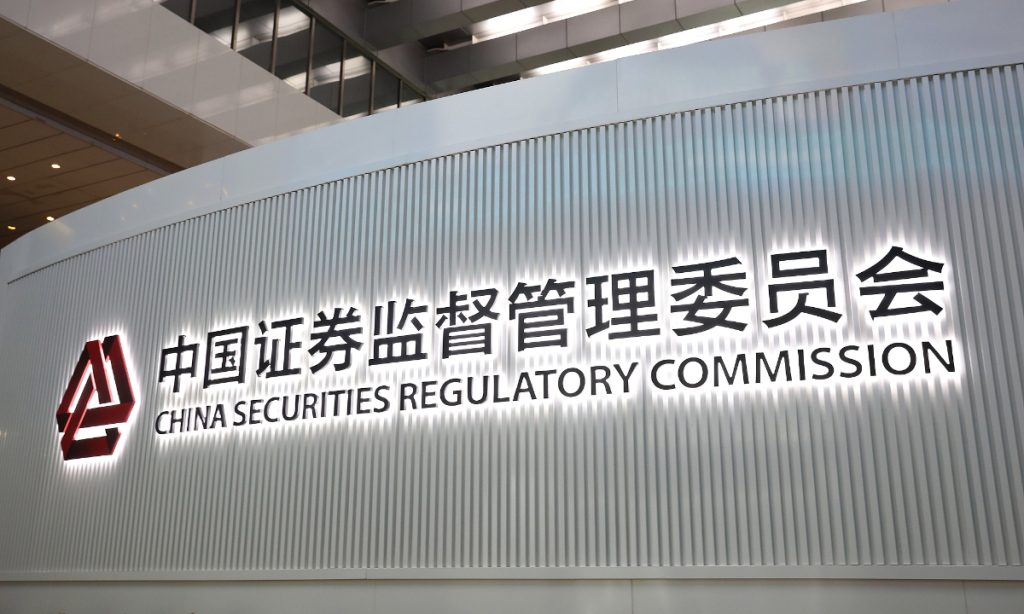China's securities regulator vows to effectively maintain smooth operation of capital market

The China Securities Regulatory Commission (CSRC), the country's top securities regulator, vowed on Monday to effectively maintain the smooth operation of the capital market, strengthen comprehensive research and response to market risks, and improve the targeted effectiveness of trading regulation.
The CSRC on Monday held a conference to study and implement the spirit of the third plenary session of the 20th Central Committee of the Communist Party of China, deploying work to further comprehensively deepen reform of the capital market as well as the key work in the second half of the year.
The CSRC said it will ramp up greater efforts to serve the rebound of the real economy, deepen the registration-based IPO system and cultivate high-quality listed companies. It will also make efforts to prevent and resolve risks in key areas such as private equity funds, trading venues, bond defaults and industry organizations, in addition to enhancing the effectiveness of supervision and law enforcement.
The meeting noted that at present, China's capital market has reached the stage of accelerating the transformation to high-quality development. Further deepening overall reform is needed to remove the institutional barriers and resolve structural issues, as well as accelerating the construction of a safe, standardized, transparent, open, dynamic and resilient capital market.
The commission will establish a long-term mechanism to enhance the internal stability of the capital market, and better serve high-level sci-tech self-reliance and the development of new quality productive forces, including enhancing the ability to provide full-chain services to sci-tech innovation enterprises.
It also vows to effectively protect the legitimate rights and interests of investors and deepen the self-revolution of the CSRC system.
According to a communique adopted by the third plenary session, the country will pursue coordinated reforms in the fiscal, tax, financial and other major sectors, and work to enhance the consistency of macro policy orientation.
In addition, it will improve the national strategic planning system and policy coordination mechanisms, deepen reform of the fiscal and taxation systems, further reform the financial system, and improve mechanisms for implementing the coordinated regional development strategy, read the communique.